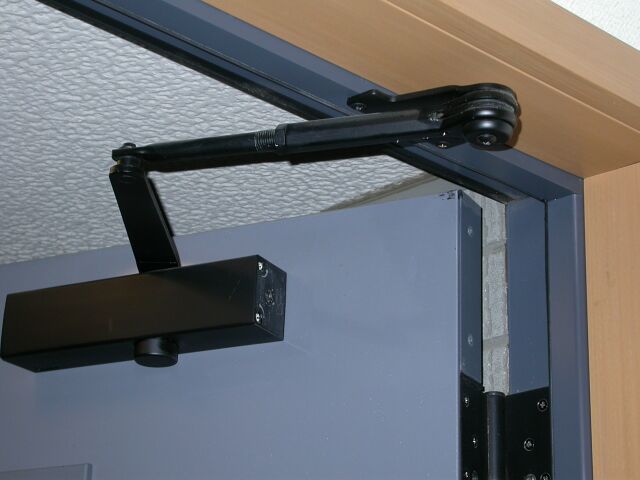I have already examined the Etiquette on loud boardroom meetings? question and while they have a few similarities, mine has an additional issue (please read below).
In my office, my desk happens to be positioned adjacent to four meeting rooms. When people close the doors the noise levels are low enough that they don't bother me. However, two majors issues occur multiple times every day:
- More often than not, the meeting room doors open are left open.
- Sometimes people leave the rooms but then continue their meetings outside right behind my desk (sometimes as many as 5 people talking loudly within a metre of me.)
This has been going on for some months now and is consistently annoying and disruptive. The problem is that I'm pretty much on the bottom of the corporate hierarchy and most of the people who use the meeting rooms behind me are above me (though not CEO-type level). Also, a large number of different people do it, not just the same one or two employees.
My concern is that asking them to move away (I would feel particularly awkward about this one) or for me to get up and shut a door would be considered rude. My manager would be sympathetic, but I'm not sure what she could do about it either. What's the best way for me to remedy this situation?

